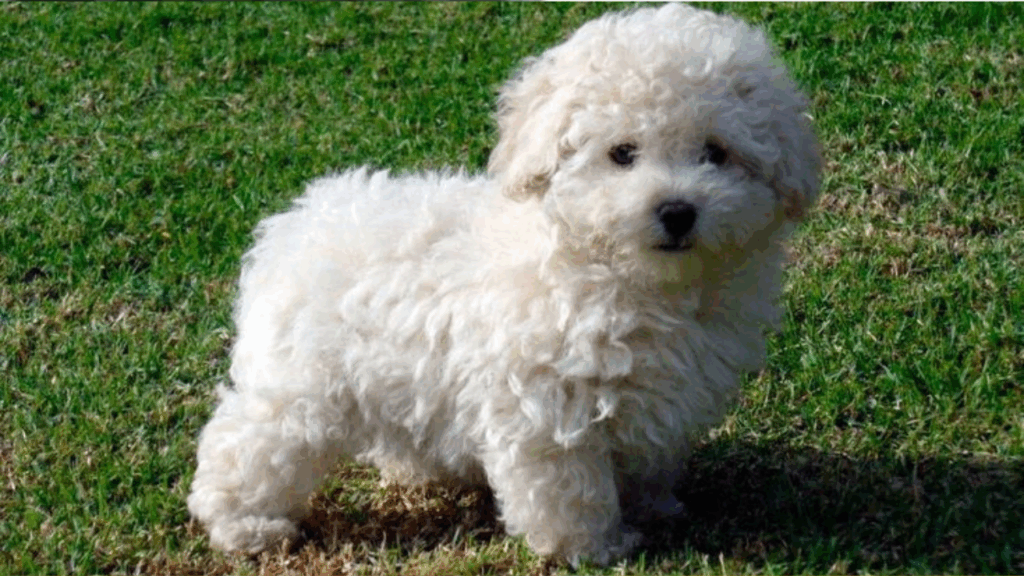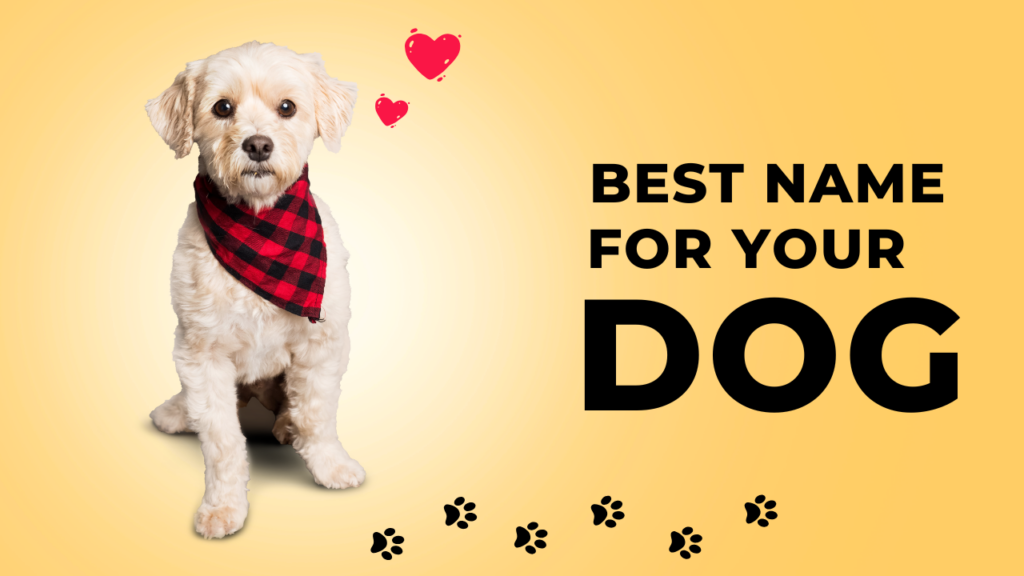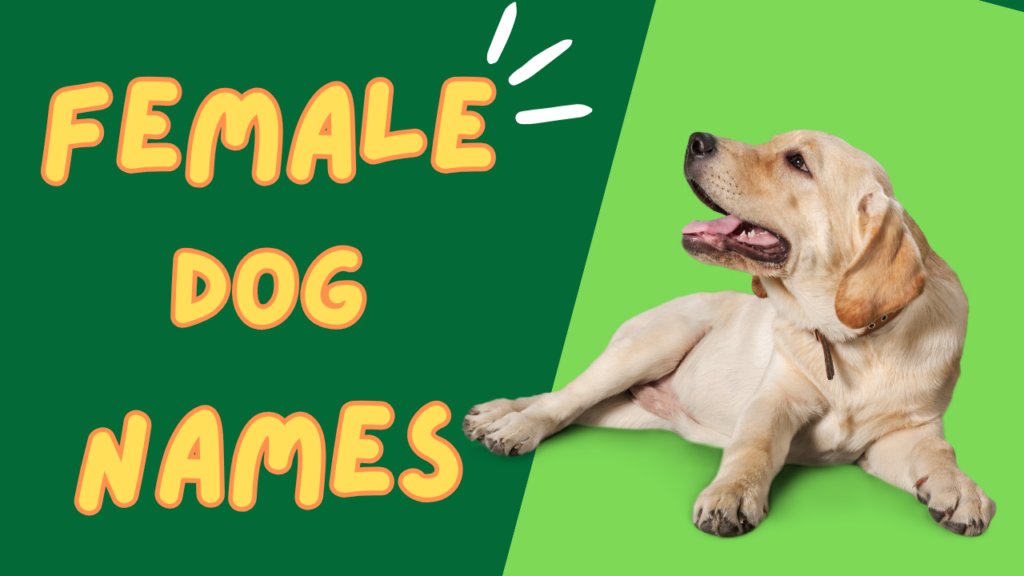Among the most popular and recognizable dog breeds in the world, the Toy Poodle stands out not just for its elegant looks, but also for its intelligence, affectionate nature, and lively spirit. Though small in size, this miniature version of the Standard Poodle brings all the charm and versatility of its larger relatives, packed into a compact, apartment-friendly form.
A Brief History
The Poodle’s origins can be traced back to Germany, where it was originally bred as a water retriever. The name “Poodle” comes from the German word pudel, meaning “to splash in water.” Despite this German lineage, the breed was standardized and refined in France, where it became a beloved companion among the aristocracy. Over time, breeders developed three size varieties: Standard, Miniature, and Toy. The Toy Poodle, the smallest of the three, was bred in the 18th century primarily as a companion dog.
Their intelligence and trainability made them favorites in European circuses, while their charming appearance made them staples in royal households. Today, the Toy Poodle is a celebrated family pet known for its loyalty, style, and brains.
Appearance
The Toy Poodle has a distinct and refined appearance:
- Size: Stands under 10 inches (25 cm) at the shoulder and typically weighs between 4 to 6 pounds (1.8 to 2.7 kg).
- Build: Compact, squarely built with an elegant gait.
- Coat: Dense, curly, and non-shedding—ideal for allergy sufferers. It comes in a wide range of solid colors including white, black, brown, apricot, red, silver, blue, and cream.
- Face: Dark, oval eyes with an alert expression, and drop ears that hang close to the head.
The Toy Poodle’s signature look is often seen in styled trims such as the “puppy clip” or the more extravagant “continental clip” seen in show rings.
Temperament and Personality
Don’t let their dainty appearance fool you—Toy Poodles are full of life and personality.
- Highly Intelligent: Ranked among the most intelligent dog breeds, Toy Poodles learn commands quickly and excel at obedience and agility.
- Loyal and Affectionate: They form close bonds with their owners and thrive on human companionship.
- Alert and Responsive: Quick to notice strangers or new stimuli, making them excellent watchdogs despite their small stature.
- Entertaining: Their clownish and playful nature often shines, and they enjoy being the center of attention.
However, they can become overly dependent on their owners and may suffer from separation anxiety if left alone for long periods.
Training and Exercise
Despite their size, Toy Poodles need both mental and physical stimulation.
- Training: Early training is essential, and these dogs respond well to positive reinforcement. They’re quick learners and enjoy tasks and tricks.
- Exercise: Daily walks, play sessions, and interactive games will keep them healthy and happy. Indoor play can be sufficient if outdoor space is limited.
- Mental Enrichment: Puzzle toys, obedience training, and agility exercises are excellent for keeping their minds sharp.
They’re ideal for families, singles, or seniors looking fGrooming Needs
The Toy Poodle’s beautiful coat requires regular maintenance.
- Brushing: Daily brushing helps prevent matting.
- Professional Grooming: Visits to a groomer every 4–6 weeks are recommended to keep their coat trimmed and healthy.
- Bathing and Ear Care: Regular baths and ear cleaning are necessary to prevent infections, especially since Poodles are prone to ear issues due to their floppy ears.
Although their coat doesn’t shed like many other breeds, this means loose hair remains in the coat and must be brushed out.
Health and Lifespan
Toy Poodles are generally healthy, long-lived dogs, often reaching 14 to 18 years of age. However, like all breeds, they can be prone to certain conditions:
- Dental Disease: Small breeds often suffer from dental problems; regular brushing and dental chews help maintain oral health.
- Luxating Patella: A condition where the kneecap can slip out of place.
- Progressive Retinal Atrophy (PRA): An inherited eye disorder that can lead to blindness.
- Hypoglycemia: Low blood sugar is a concern, especially in puppies.
Responsible breeding and regular vet check-ups help minimize health risks.
Ideal Home and Compatibility
The Toy Poodle is incredibly adaptable:
- Great for Apartments: Their small size makes them ideal for urban living.
- Good with Children: Best with older children who understand how to handle small dogs gently.
- Friendly with Other Pets: Generally gets along well with other dogs and pets when socialized early.
- Perfect for Seniors or Singles: They are loyal companions that don’t require extensive exercise but love attention and affection.
Conclusion
The Toy Poodle is a delightful blend of intelligence, charm, and elegance. Whether performing tricks, snuggling on the sofa, or accompanying their owners around town, Toy Poodles are always eager to please and be by your side. With proper care, training, and affection, they become more than just pets—they become treasured family members. For those seeking a small dog with a big heart and an even bigger brain, the Toy Poodle is an ideal companion.

Andy Parker is a dog lover, writer, and senior editor at BarkPicks. With years of experience covering canine health, training, and gear, he helps pet parents make smarter choices for happier, healthier dogs. Andy shares his home (and heart) with two rescue pups, Charlie and Mia.



